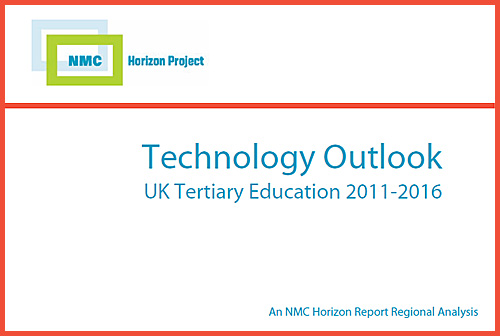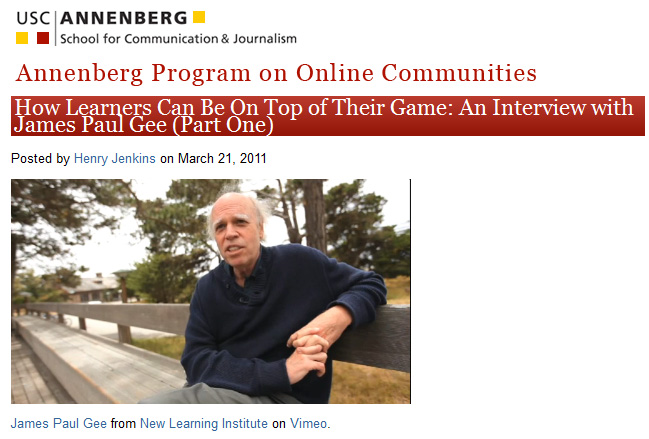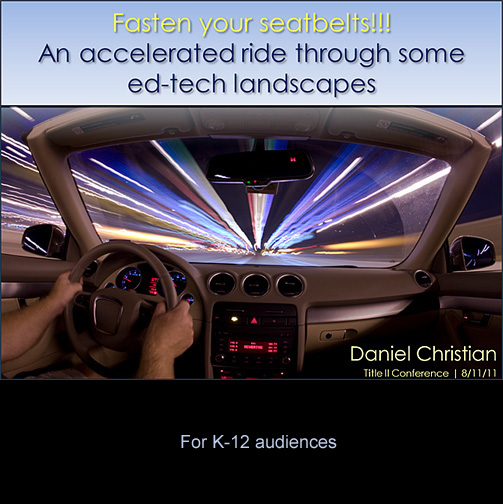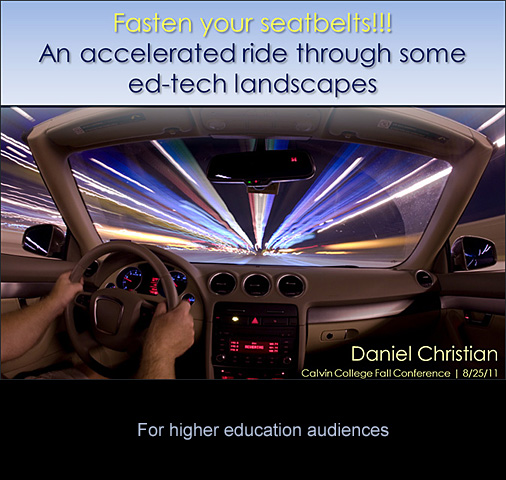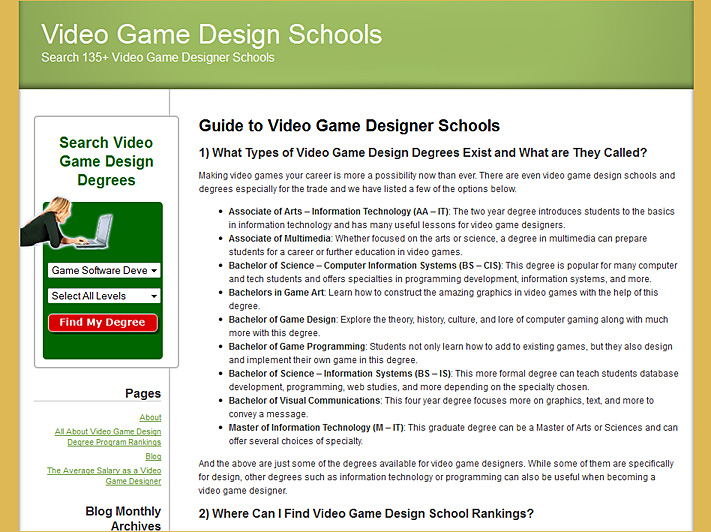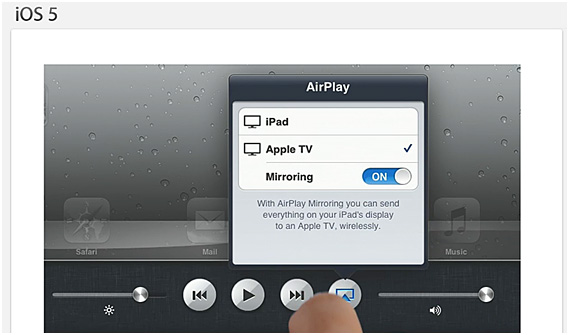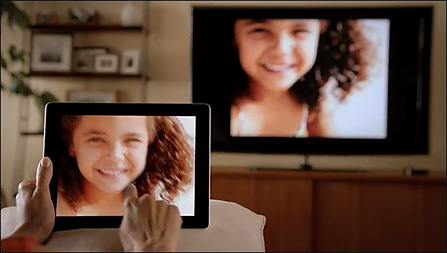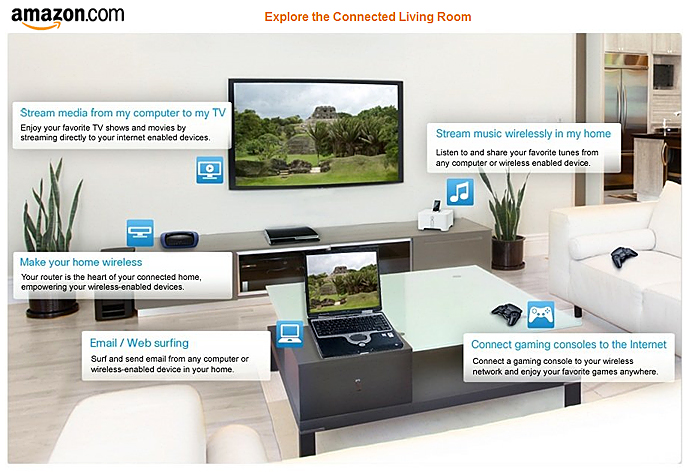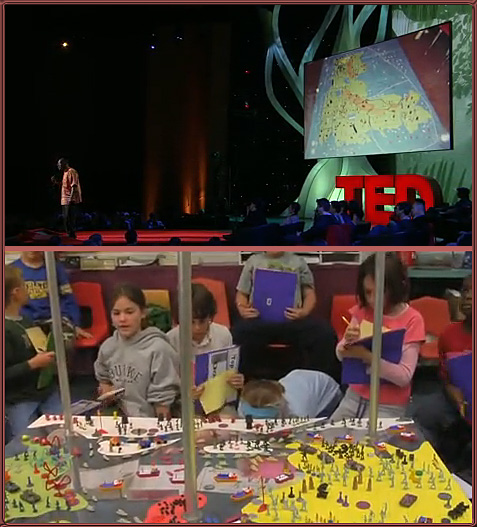Also see:
- The NMC Announces New Horizon Report Series of Regional Analyses
Under the umbrella of the NMC Horizon Report, The NMC has launched the Technology Outlook, a new series of regional analyses aimed specifically at understanding both local and global differences in technology uptake, as well as the current and future state of education in different parts of the world. These publications are a product of collaborations between the NMC and innovative organizations across the world that seek to leverage the well-known medium of the NMC Horizon Report to bring important research, trends, and challenges in their regions to light. The Technology Outlook series furthers the NMC’s goal of driving innovation in every part of the world.









